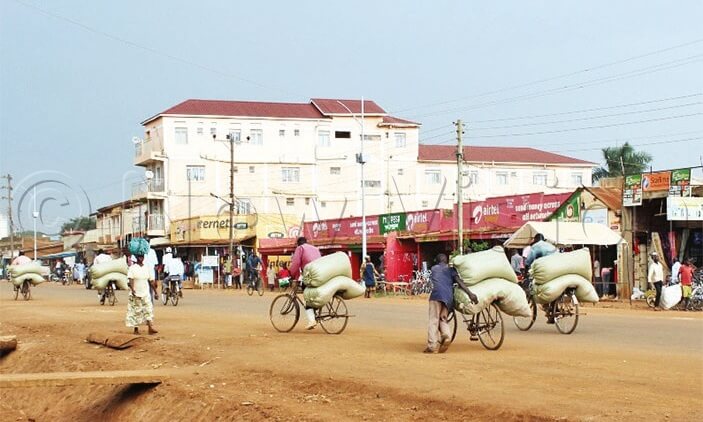The Covid-19 pandemic is literally changing the way we live.. Several countries have imposed stringent lockdown measures a way of combating the dreaded disease. The Stay at Home restrictions have resulted into a slowdown of the social and economic life, with most activities coming to a near standstill and haunting images of empty streets from Lagos to Kampala, to Cape Town to Addis Ababa becoming part of the ‘new normal’. Unlike other global crises, such as the 2008 financial crisis, or the 2014 commodities crisis, which put stress on capital markets and the macro and formal economies, the Covid-19 pandemic has impacted both formal and informal economies. The lockdowns and curfews have had a disproportionate impact on the most vulnerable people of our societies; particularly women and the urban poor, who are mostly engaged in informal activities with a daily income, and do not have the luxury of working from home. Majority of the daily income earners, as well as micro and small entrepreneurs, will not be able to meet their loan obligations because their sources of income have literally dried up. Also, the collection of microfinance loans, which usually happens on a cash basis during weekly group meetings, has come to a halt as authorities have put in place strong social distancing guidelines. Most of these people have not only lost their livelihoods, in this Covid-19 lockdown, but have also lost the capital that they had for their informal activities. Such capital normally ranges from between $30 and $100....
Prioritising Fintech should be our key lesson from Covid-19 crisis
Posted on: April 30, 2020
Posted on: April 30, 2020






















